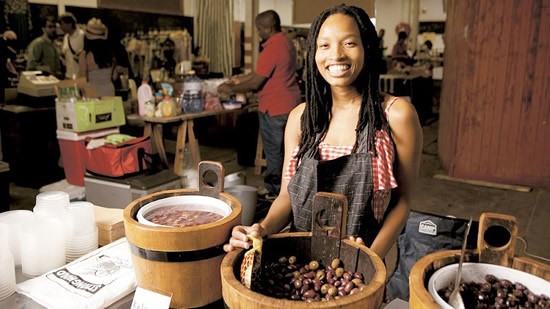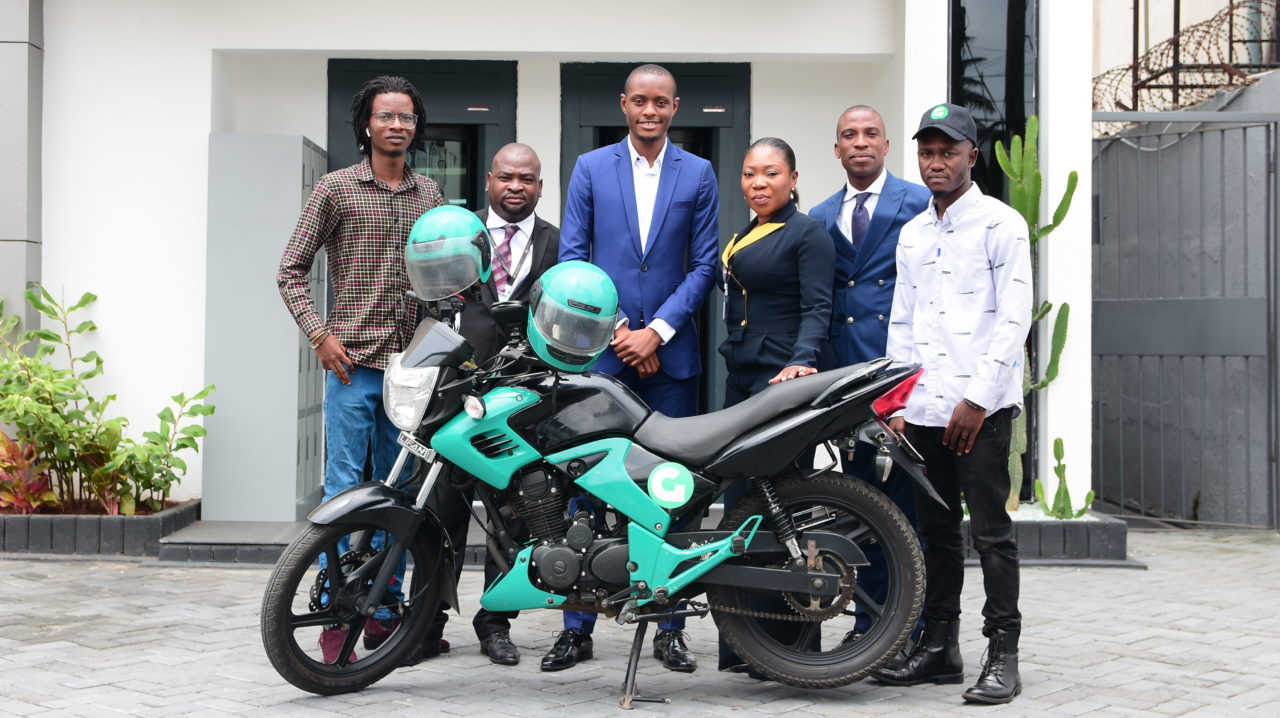New Funding Round Opens For Small Businesses In South Africa
Small businesses in South Africa now have a new source of funding to support their growth. The CDI Growth Fund, which is supported by National Treasury’s Jobs Fund of South Africa is offering small businesses a chance to benefit from its R12.8 million grant.
Who May Benefit From The Fund?
To qualify to benefit from the CDI Growth Fund, the business must specifically:
- Be South African-owned business, with the controlling interest of the enterprise (51% of the issued ordinary share capital). The business must be held by South African citizens with valid a South African ID or a South African Registered legal entity itself controlled by South African citizens with valid South African ID.
- Operate within South Africa, including but not limited to projects, programs or enterprises of the business.
- Be an existing business, at least 1 year old (preference will be given to businesses that have been trading for 2 years or more) with turnover or assets above R1m.
- Match 20% of the contribution of the Fund through a cash contribution
- Must create one job for every R21,000 grant investment.
- Be tax compliant

The table below gives you an idea, of how many jobs are required for a given amount of grant funding.
Additionally, you must:
- Not be insolvent or currently under debt administration
- Be willing to provide financial statements and all supporting documents required
- Commit to training new employees
Once your application is successful, you will sign a contract and report on progress and impact to the Fund administrators on a quarterly basis during and for a two-year period after the project completion.
Application Requirements
Applications can only be made online on the CDI Capital website on or before 12 July 2019 at 17:00.
CDI Growth Fund At A Glance
The CDI Growth Fund is managed by CDI Capital, which was incorporated as a subsidiary of the Craft and Design Institute (CDI) in 2016 to catalyze funding for SMEs.
The funding has been enabled through contributions by the National Treasury’s Jobs Fund, the Technology Innovation Agency (TIA), and the Western Cape Department of Economic Development and Tourism (DEDAT).

Since its launch in 2017, it has already contracted with 38 SMEs, who have collectively created over 160 jobs.
The Fund is in the second year of a five-year disbursement period.
CDI Capital CEO Lesley Grimbeek said that the grant funding they received has had a tremendous impact on their growing business.
“We have seen really rapid growth in the past four years, and in the next two years we are determined to have a facility four times the size of what we currently have, creating between 250 and 300 jobs and bringing our amazing product right across South Africa.
“It’s been a pleasure working with the CDI’s Growth Fund, and it has been very exciting to see the impact it has made in such a short time. We have been able to purchase equipment that we could not have afforded otherwise, and through this we have been able to create more jobs.
“To date, we have created ten new jobs in the factory, and we have the intention of at least another 12 to 13 new positions by the end of the year,” said Grimbeek.
Charles Rapulu Udoh

Charles Rapulu Udoh is a Lagos-based Lawyer with special focus on Business Law, Intellectual Property Rights, Entertainment and Technology Law. He is also an award-winning writer. Working for notable organizations so far has exposed him to some of industry best practices in business, finance strategies, law, dispute resolution, and data analytics both in Nigeria and across the world.














